Description
When a liver, kidney, or heart transplant recipient has organ rejection, cyclosporine is given to stop it. To ensure that your new organ functions appropriately, it is typically administered in combination with other drugs. Additionally, cyclosporine is utilized to treat severe instances of plaque psoriasis and rheumatoid arthritis.
Cyclosporine is a member of the immunosuppressant medication class. In to help your body accept a new organ as if it were your own (in the case of an organ transplant) and to stop additional damage to your skin or joints (in the case of rheumatoid arthritis), it works by lowering the immune system (in the case of psoriasis).
The dosage is chosen by your weight, health status, lab results, and treatment response.
To reap the greatest benefits from this drug, take it frequently. Take it at the same time every day to make sure you remember to.
Uses:
- Protect transplanted kidneys, livers, or hearts against organ rejection
- Psoriasis and rheumatoid arthritis
Side Effects:
There may be trembling, headaches, dizziness, odd body hair growth, nausea/vomiting, diarrhea, upset stomach, pale complexion, quick bruising, hammering in your neck or ears, severe headache or flushing. Inform your doctor or pharmacist as soon as possible if any of these side effects persist or grow worse.

 STORE OPEN | LATEST UPDATE:
STORE OPEN | LATEST UPDATE:



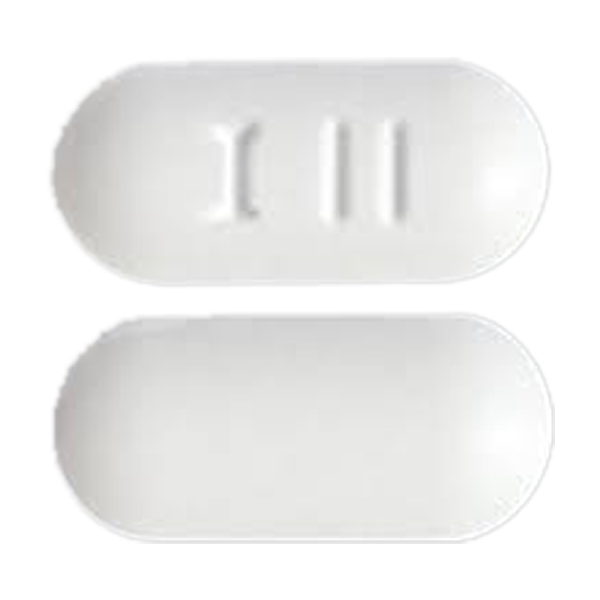


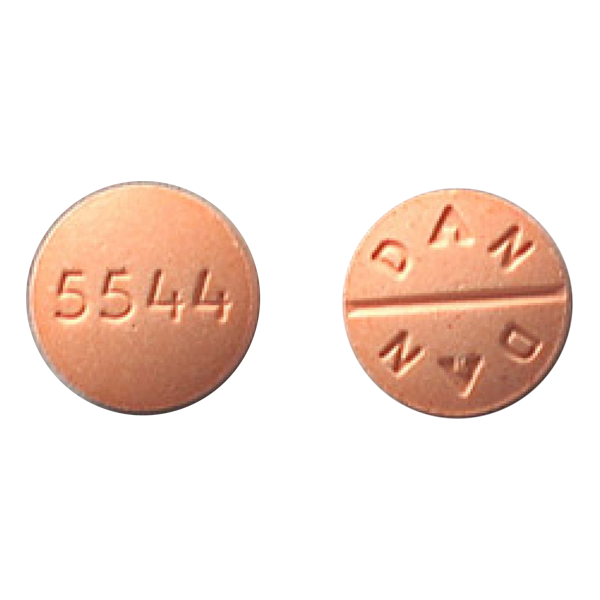

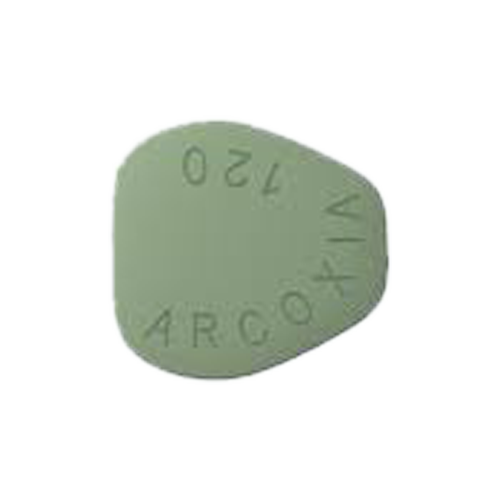
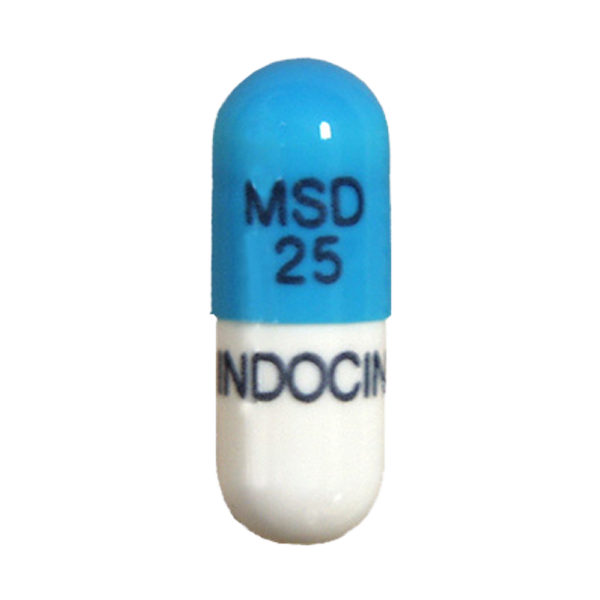



johnmicheal0221 –
100% satisfaction